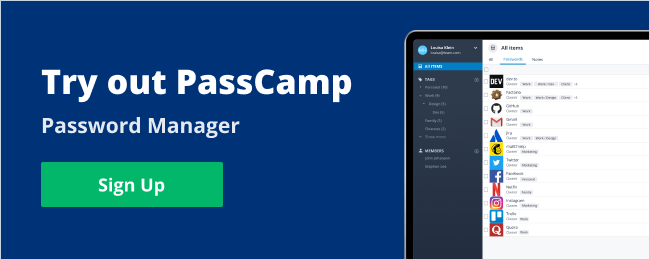What is Sensitive Data? A Comprehensive Guide to Data Security
Data security is a crucial consideration for businesses of all sizes. In this digital age, sensitive data is more valuable than ever before.
But what exactly is sensitive data?
Sensitive data is any data that, if lost, could cause a security breach or result in financial or reputational harm. It includes customer credit card numbers, social security numbers, bank account numbers, passwords, and other confidential information.
Sensitive data is often stored in databases or systems. Also, it can be stored in the cloud, on a server, or on a computer. It’s critical to ensure that these systems are secure, as any security breach could result in the loss of sensitive data.
Types of Sensitive Data
There are various types of sensitive data, including personal information, financial information, health information, intellectual property, and trade secrets:
- Personal information includes names, addresses, phone numbers, and email addresses.
- Financial information includes credit card numbers, bank account numbers, and other financial information.
- Health information includes medical records and other health-related data.
- Intellectual property includes patents, trademarks, and copyrights.
- Trade secrets include information valuable to a company, such as formulas, processes, and methods.
Why is Sensitive Data Important?
Sensitive data is critical because it’s valuable and can be used for malicious purposes if it falls into the wrong hands.
Hackers can use stolen data to commit identity theft, steal money, or commit fraud. As a result, it’s essential to protect sensitive data and keep it secure.
Another reason why this data is important is that it’s regulated by data privacy laws. These laws are designed to protect individuals and companies from data breaches and impose penalties on those who fail to protect sensitive data.
As a result, it’s vital to understand these laws and comply with them.
There are several steps you can take to protect sensitive data. These include encryption, access control, data destruction, and data backup.
Data Security Best Practices
Data security best practices that you should follow:
- maintaining strong passwords,
- using two-factor authentication,
- monitoring user activity,
- regularly updating your systems.
Maintaining strong passwords is essential. Passwords should be at least 8 characters long and include a mix of numbers, symbols, and upper and lowercase letters.
You should also use two-factor authentication, which requires an additional form of verification before a user can access a system.
Monitoring user activity is also essential. You should monitor user activity to detect suspicious behavior and respond quickly to any security threats. Finally, you should regularly update your systems to ensure they are secure.
Data Privacy Laws
Data privacy laws protect individuals and companies from data breaches. These laws impose penalties on those who fail to protect sensitive data.
The most prominent data privacy law is the General Data Protection Regulation (GDPR). This law applies to companies that process personal data from individuals in the European Union. It requires companies to protect personal data and impose heavy fines on those who fail to do so.
Other laws include the California Consumer Privacy Act (CCPA), the Health Insurance Portability and Accountability Act (HIPAA), and the Payment Card Industry Data Security Standard (PCI DSS). It’s important to understand these laws and ensure that you comply.
Data Security Tips
Training employees is essential. Employees should be aware of data security best practices and be familiar with data privacy laws. You should also train them to spot phishing emails and other security threats.
Implementing data security policies is also essential. These policies should outline how data should be stored, accessed, and shared.
Finally, you should use data security tools to monitor user activity and detect suspicious behavior.
Data Security Tools
There are several data security tools available. These include encryption tools, access control tools, data destruction tools, and data backup tools.
Encryption tools are used to encrypt data so that it can only be read by the intended recipient. Access control tools are used to limit user access to sensitive data.
Data destruction tools are used to securely destroy data. And data backup tools are used to create copies of data in case of an emergency.
You now know what sensitive data is and how to protect it. Stay safe online!





